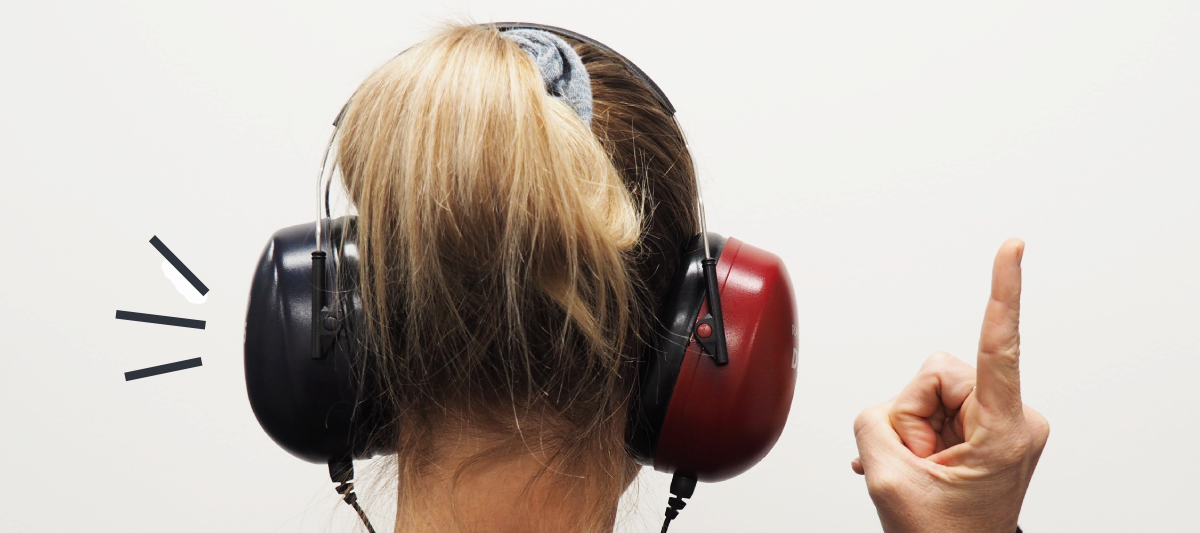
Hearing Test
Diagnostic Audiological Assessment
Are you suffering from hearing loss and would like to get your hearing tested? At iHear, we provide comprehensive audiological tests using state-of-the-art technology and technique for anyone with hearing concerns, regardless of age. These services are diagnostic based medical assessments and are used to differentiate between hearing loss due to a medical condition and those due to noise exposure, genetics, or the normal aging process. All assessments are performed by our certified audiologists.
If you have concerns about your hearing, contact us right away! You can start by scheduling an appointment with us online or by calling our hotline at 6904 9555. We will then send you a reminder when your appointment date is near. Upon arrival, you will be provided with a registration form to fill out. Once done, you may proceed for the hearing assessment.
A thorough case history will be obtained, prior to the assessment. Our audiologist will ask you several questions about your hearing concerns, hearing history, and general medical history.
After getting to know your hearing history, a visual otoscopy of the external auditory canal and tympanic membrane (also known as eardrum) will be conducted. This inspection is to determine the presence of active middle ear disease, presence of adequate cerumen (also known as ear wax) or foreign objects that may be blocking your ear canal. Anything partially or completely blocking your ear canals can negatively affect your hearing ability and produce inaccurate hearing assessment results. Should there be a severe cerumen impaction, you will be referred to an Ear Nose Throat (ENT) specialist for removal (also known as aural toilet) before the evaluation can be completed.
Hearing assessment will be conducted in a sound treated environment. Our audiologist will decide which tests to be administered depending on your specific situation.
Pure Tone Audiometry (PTA): is a behavioural test used to measure hearing sensitivity over a range of frequencies. This assessment measures the entire auditory system from the ear canal to the auditory cortex. Pure tone thresholds indicate the softest sound, or least audible sound that an individual can hear at least 50% of the time.
Tympanometry: is an objective test to determine the status of the tympanic membrane and the middle ear. This assessment measures how the middle ear system responds to sound energy and how it reacts dynamically to changes in atmospheric pressure.
Acoustic Reflex: refers to an involuntary muscle contraction of the middle ear stapedius muscle in response to high intensity sound stimulations. This assessment helps to differentiate middle ear, cochlear, and the vestibulocochlear nerve (CN VIII) lesion.
Speech Audiometry: assesses an individual’s ability to hear and comprehend spoken words. This assessment consists of two parts, speech reception threshold (SRT) test and speech discrimination (SD) test. It is often used to facilitate audiological rehabilitation management because it is the most accurate imitation of how an individual hear and communicate in the real world.
After the assessment, our audiologist will review and interpret the results for you. If there is any indication of a medical condition, we will refer you to an Ear Nose Throat (ENT) specialist for medical management. Otherwise, our audiologist will discuss with you the various solutions available to help you hear better. These solutions include but are not limited to hearing aids, assistive listening devices, cochlear implant, communication strategies, hearing protection, or tinnitus management.
If you or someone you know is suffering from hearing loss or have any concerns about their hearing, contact us today to make an appointment to get a comprehensive hearing assessment.